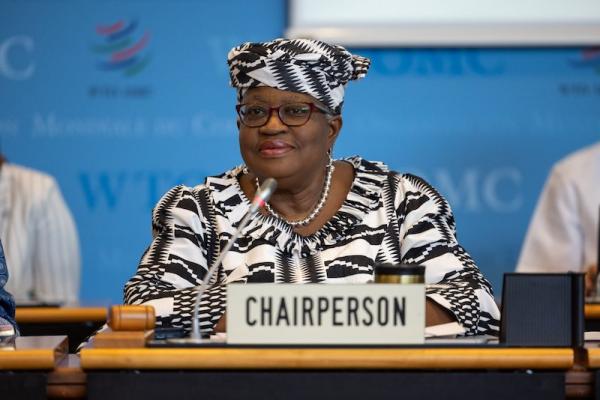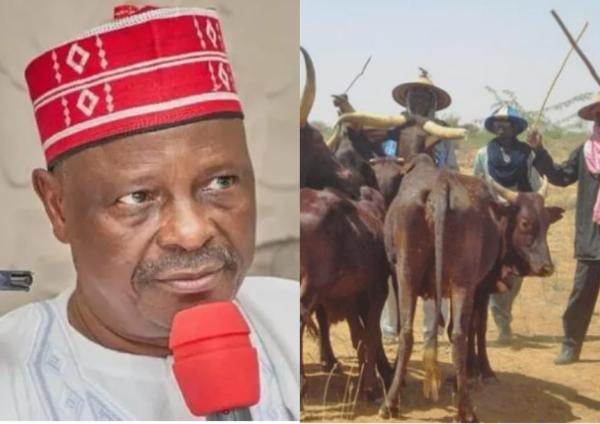
“Africa really needs to change its mindset about access to aid. We should begin to see it as a thing of the past,” she stated.
“Our focus should be on two key areas—attracting investment and mobilising domestic resources.”
The WTO chief pointed out that Africa holds approximately $250 billion in pension funds, yet much of this capital is invested outside the continent instead of being channelled into local economies.
She urged African governments to reform regulations to enable pension funds to invest more in domestic infrastructure and development projects
“The biggest pension funds are in South Africa, followed by Nigeria, Kenya, Morocco, Botswana, and Namibia. These resources are hugely significant, and we need to find ways to tap into them,” she said.
Okonjo-Iweala also advocated for the recapitalisation of Africa’s multilateral development banks, including the African Finance Corporation, to expand their balance sheets and increase funding for key projects.
“At present, these institutions have a combined balance sheet of about $70 billion, but our infrastructure needs alone exceed $200 billion annually. Instead of looking outward for financial support, we must strengthen our own institutions,” she added.
Beyond financial resources, Okonjo-Iweala emphasised the urgent need for African nations to take control of their vast mineral wealth, particularly lithium, manganese, and copper—key resources for electric vehicle battery production.
She cautioned against the continued export of raw materials without value addition, stressing that Africa must develop its processing industries to create jobs and boost intra-continental trade.
“Africa’s mineral deposits are in high demand globally. Instead of allowing companies to extract and refine these resources abroad, we must ensure they are processed locally. This will increase job creation and strengthen our economies,” she said.
Okonjo-Iweala also highlighted trade barriers that hinder Africa’s ability to export processed goods, calling on African leaders to use the upcoming WTO 14th Ministerial Conference in Cameroon next year to push for reforms.





















